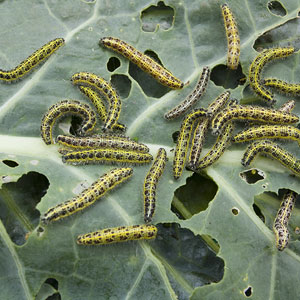
Sustainable landscape lighting should use lower wattage, face down to prevent light pollution, and be set with a timer to only come on when needed. Image credit: Shutterstock/Piotr Wawrzyniuk
Reduce Light Pollution
The night sky in cities and many suburbs is filled not with stars but with the pervasive orange haze of artificial light. Scientists are discovering that this light pollution may have serious effects on human health and can disrupt the normal behavior of wildlife.
Specified periods of light and dark, known as circadian rhythms, are essential for healthy life on Earth. Darkness is as necessary as daylight to our own biological clockwork. Researchers have recently established, for example, that exposure to artificial light at night reduces the body’s production of melatonin, the hormone that tells our organs and systems that it is dark. Although the connection between melatonin and cancer is still unclear, reduced levels have been linked to the growth of breast tumors in women and may effect other cancers, including prostate cancer.
Steps you can take:
- Only use outdoor lights at night when and where they’re needed.
- Hook lights up to motion sensors and timers to increase their efficiency; shut them off when illumination is no longer necessary.
- Purchase exterior lights that have been certified by the International Dark-Sky Association (IDA), a nonprofit educational organization that is the leading authority on the problems of light pollution and common sense solutions. Look for the “IDA Approved Dark-Sky Friendly Fixture” label when you shop for outdoor lights. The IDA website includes information on approved fixtures, including manufacturers and distributors. You’ll also find a practical guide for homeowners on effective and efficient outdoor lighting.






